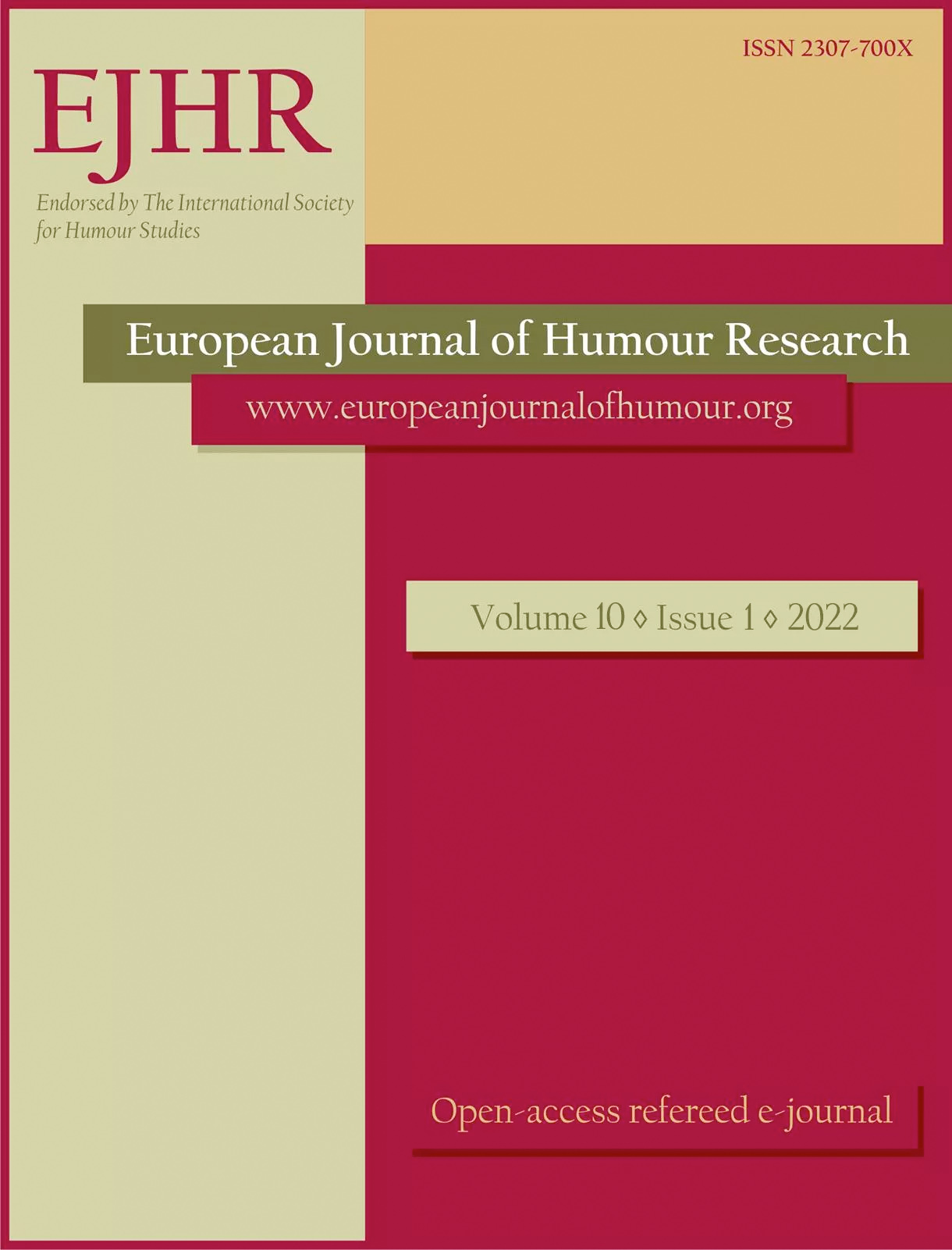Humour of religious satire and linguistic dexterity of Nigerian stand-up comedy
Humour of religious satire and linguistic dexterity of Nigerian stand-up comedy
Author(s): Idowu James AdekunleSubject(s): Theatre, Dance, Performing Arts, Language and Literature Studies, Fine Arts / Performing Arts, Theoretical Linguistics, Pragmatics
Published by: Krakowskie Towarzystwo Popularyzowania Wiedzy o Komunikacji Językowej Tertium
Keywords: satire; stand-up comedy; technique; humour; religion
Summary/Abstract: Stand-up comedy, as a humorous performance, is a quintessential narrative that chronicles sociological realities of human endeavours. Its humour, as a new subgenre of comedy, fused the roles of performers and their audiences in a scintillating way that provokes laughter and, at the same time, gives great excitement. The performers and their audiences are major stakeholders in the performativity of stand-up comedy. Existing scholars have largely examined its realities as a product of entertainment and laughter to the neglect of its deeper sociological realities of religious satire and linguistic dexterity. Therefore, this paper investigates how stand-up humour serves as a tool for critiquing societal foibles of religious gullibility and bewitchment within the Nigerian socio-political space. Besides, the paper examines the linguistic techniques employed by the selected stand-up comedians. This is in a bid to show how stand-up comedians serve as gatekeepers, watchdogs, and social critics of their societies through their humour. Schechner’s Performance, Freudian, and Jungian psychoanalytic theories were used to analyse the embodied behaviours of the stand-up comedians. Three digital discs of live performance recordings were purposively selected. They were: ‘Halleluyan Volume 1 and Ward 2 Comedy Klinic’ by Godwin Komone Gordons and ‘A Nite of a Thousand Laughs Vol. 13’ by Francis Agoda (I Go Dye). The selected live recordings were based on informing religious realities, choice of satiric humour, and performative styles of the performers. Data were subjected to performance and literary analyses.
Journal: The European Journal of Humour Research
- Issue Year: 10/2022
- Issue No: 1
- Page Range: 76-87
- Page Count: 12
- Language: English

